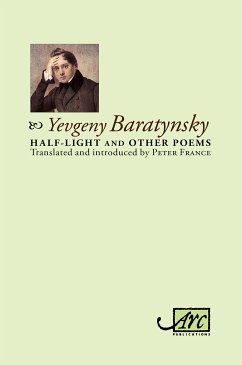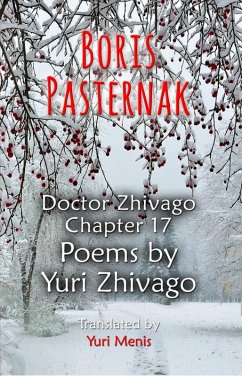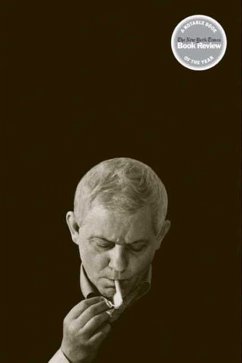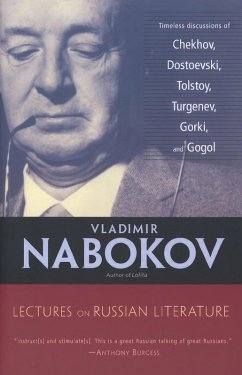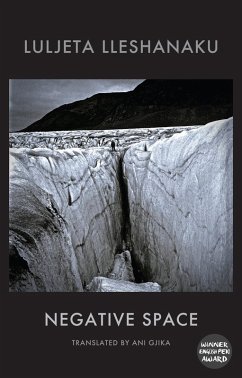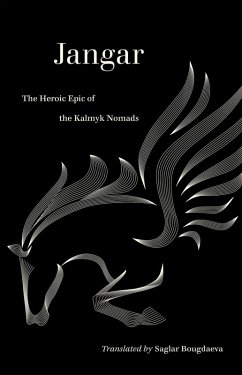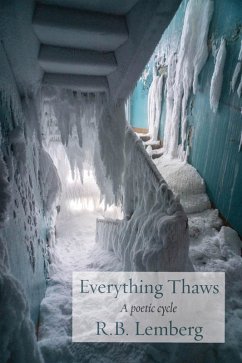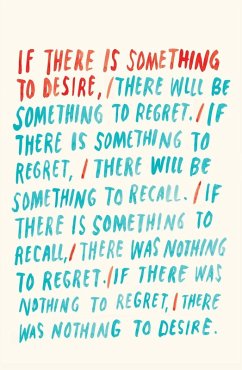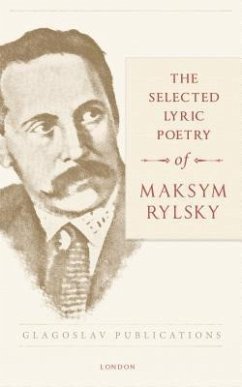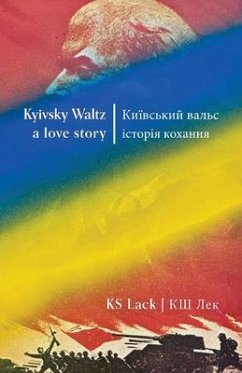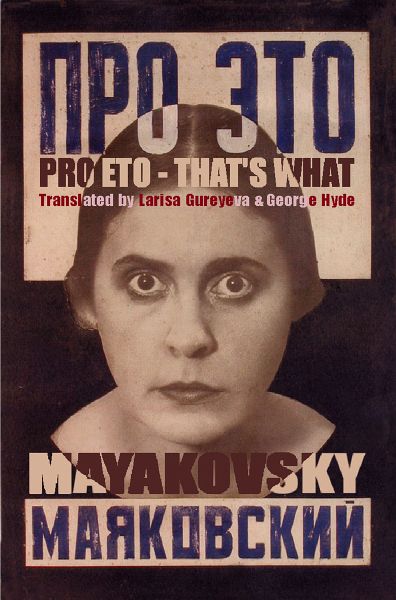
Pro Eto - That's What (eBook, ePUB)

PAYBACK Punkte
0 °P sammeln!
Vladimir Mayakovsky was one of the towering literary figures of pre- and post-revolutionary Russia, speaking as much to the working man as to other poets. His fascination with sound and form, linguistic metamorphosis and variation made him a sort of 'poet's poet', the doyen, if not the envy, of his contemporaries, (Pasternak among them). His poetry is strangely akin to modern rock poetry in its erotic thrust, bluesy complaints and cries of pain, not to mention its sardonic humour. It is often aggressive, mocking and yet tender, and can be fantastic or grotesque. That's What is a long love poem...
Vladimir Mayakovsky was one of the towering literary figures of pre- and post-revolutionary Russia, speaking as much to the working man as to other poets. His fascination with sound and form, linguistic metamorphosis and variation made him a sort of 'poet's poet', the doyen, if not the envy, of his contemporaries, (Pasternak among them). His poetry is strangely akin to modern rock poetry in its erotic thrust, bluesy complaints and cries of pain, not to mention its sardonic humour. It is often aggressive, mocking and yet tender, and can be fantastic or grotesque. That's What is a long love poem detailing the pain and suffering inflicted on the poet by his lover Maria and her final rejection of him. But as well as being an agonising parable of separation and betrayal, it is also a political work, highly critical of Lenin's reforms of Soviet Socialism. The publication of That's What is something of a landmark as this the first time that this seminal work has appeared in its entirety in translation. Included also are the 12 inspired photomontages that Rodchenko designed to interleave and illuminate the text, illustrations which inaugurate a world of new possibilities in combining verbal and visual forms of expression and which are reproduced in colour for the first time. "Arc have produced a handsome Russian-English edition of this personal epic of the early years of the Revolution, first published in the LEF journal (Left Front of the Arts) in 1923. George Hyde adds a lively note on 'Translating Mayakovsky's That's What'. His co-translator, Larisa Gureyeva, is the granddaughter of V.M. Molotov-Skryabin, co-signatory of the notorious pact with Germany of 1939. Hyde writes of the 'permissive' 1920s in the early Soviet Union. Following the recent splendid exhibition of Rodchenko and Popova at the Tate Modern, there are increasing signs of a growing interest in the early, tumultuous years of the Russian Revolution." The Spokesman Vladimir Mayakovsky was born in Georgia in 1893, but moved with his family to Moscow after his father's sudden death. By the time he was 20, he was a well-known literary figure, having toured Russia in the winter of 1913-14 with the Futurists (with whom he had identified). He made several trips abroad during the 1920s, including a long visit to America in 1925. A prolific writer, he still remains a popular poet among present-day Russian readers. He died in 1930 by his own hand, killing himself playing Russian roulette with a single bullet. Aleksander Rodchenko was a Russian artist, sculptor and photographer and one of the most versatile Constructivist and Productivist artists to emerge after the Russian Revolution. This book is also available as an ebook: buy it from Amazon here.
Dieser Download kann aus rechtlichen Gründen nur mit Rechnungsadresse in A, B, BG, CY, CZ, D, DK, EW, E, FIN, F, GR, H, IRL, I, LT, L, LR, M, NL, PL, P, R, S, SLO, SK ausgeliefert werden.




